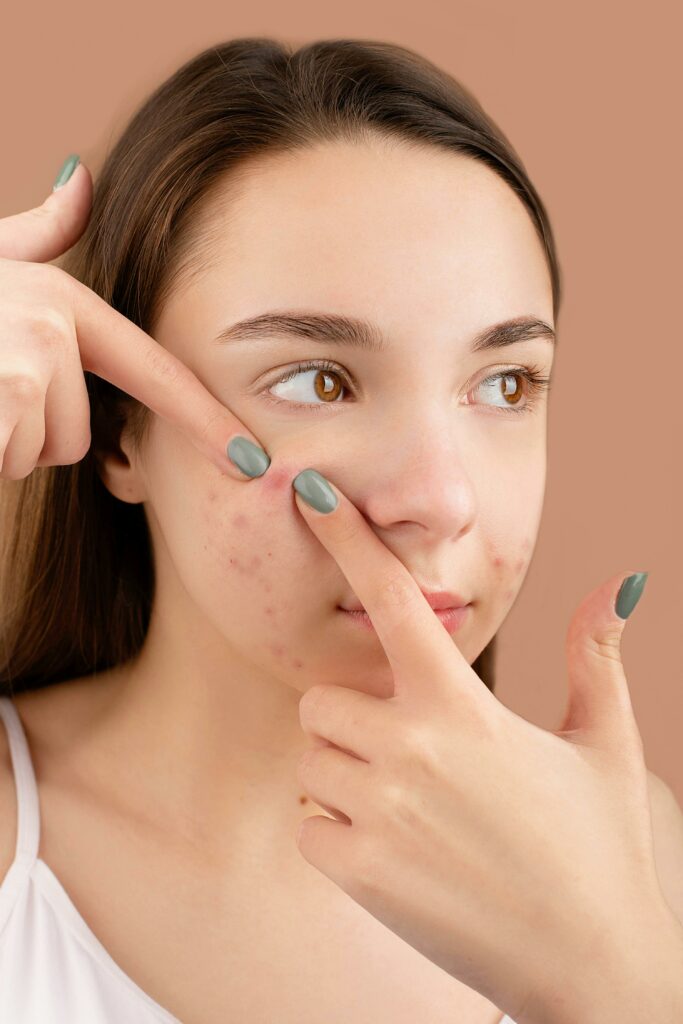Atopic Dermatitis (Eczema): Your Itchy Skin SOS Guide
If you’ve ever dealt with dry, itchy, inflamed skin that just won’t quit, you might be wrestling with atopic dermatitis—or as most people call it, eczema. This pesky skin condition loves to flare up at the worst times, turning your skin into a red, scratchy mess. But don’t worry, you’re not alone! Millions of people, from babies to adults, deal with eczema, and the good news is, there are ways to tame the itch. Whether you’re battling stubborn flare-ups, searching for the right moisturizers, or wondering if topical steroids are your best bet, this guide breaks down everything you need to know—from triggers to treatments—in plain, human terms.

What Exactly Is Atopic Dermatitis?
Atopic dermatitis is basically your skin throwing a tantrum. It gets dry, irritated, and super itchy, often forming rough patches or even oozing blisters in severe cases. While kids often outgrow it, some adults carry the struggle well into their 30s and beyond. And if you have allergies or asthma? Yeah, your skin might be extra dramatic thanks to the whole “atopic triad” connection.
Why Does Eczema Happen?
Blame your genes, a cranky immune system, or even everyday irritants like soaps, dust, or stress. Eczema loves a good trigger—cold weather, sweat, certain fabrics (looking at you, wool!), and even some foods can set off a flare-up. The result? Your skin barrier weakens, moisture escapes, and suddenly you’re scratching like there’s no tomorrow.
How to Spot the Signs
If your skin is dry, red, and itchy (especially in the creases of elbows or knees), you might be dealing with eczema. Babies often get it on their cheeks, while adults see it on hands, necks, or even eyelids. And the worst part? Scratching makes it worse, leading to thickened skin or even infections. Not fun.
Taming the Itch: Treatment & Skin Care Hacks
The golden rule? Moisturize like it’s your job. Thick creams (emollients) are your BFFs—apply them right after showers to lock in hydration. For angry flare-ups, topical steroids can calm inflammation (just don’t overuse them!). If those don’t cut it, immunosuppressants or biologics like Dupilumab might be your next step.
But prevention is key:
- Avoid hot showers (they strip moisture).
- Wear soft, breathable fabrics (cotton over polyester).
- Manage stress (easier said than done, but yoga or meditation helps).
- Track your triggers—keeping a diary can reveal sneaky culprits.
Final Thoughts: You’ve Got This!
Living with eczema can be frustrating, but with the right skin care routine and a little patience, flare-ups don’t have to rule your life. If over-the-counter fixes aren’t working, a dermatologist can help tailor a plan for you. Remember, your skin might be sensitive, but you’re tougher than the itch!
So, slather on that moisturizer, ditch the scratchy sweaters, and show eczema who’s boss. Your skin (and sanity) will thank you.